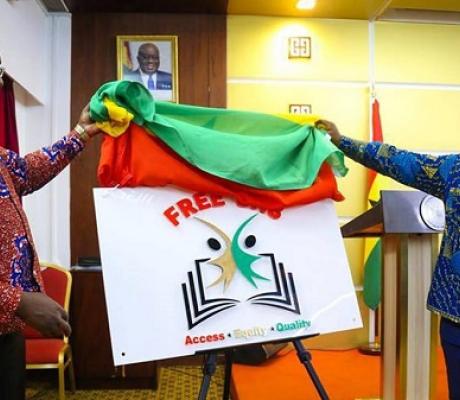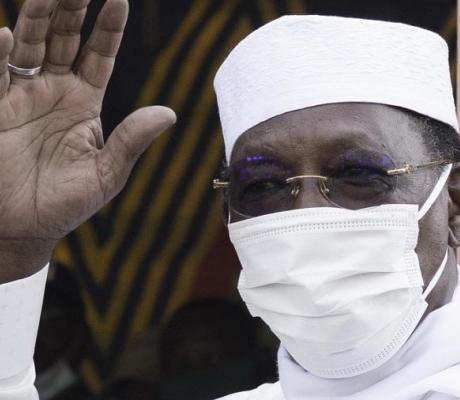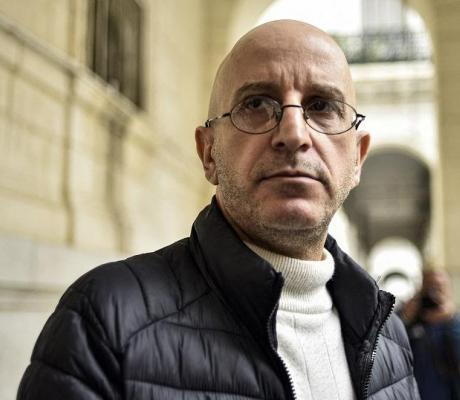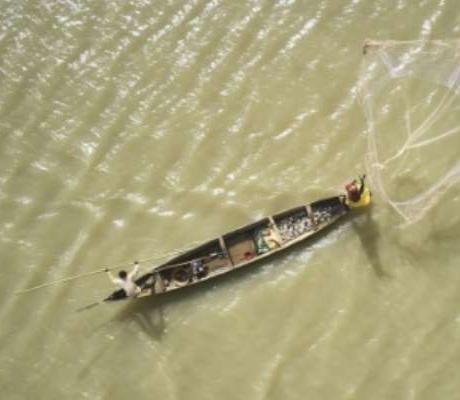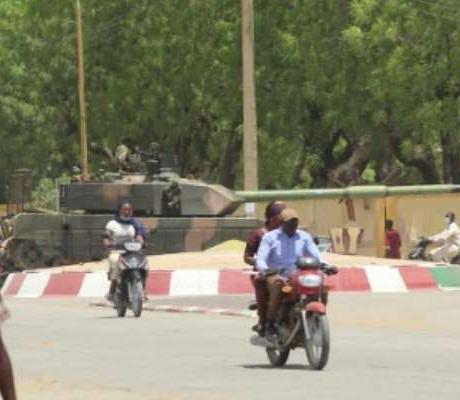With an economy battered by coronavirus, locust invasion and floods, Kenya’s Finance Cabinet Secretary Ukur Yatani on June 11 tabled a Ksh2.79 trillion ($27.9 billion) budget for the 2020/2021 fiscal year that seeks to revive almost every sector of the economy as quickly as possible and still keep the government running.
This year’s budget comes against a backdrop of weakening global economy, shrinking domestic revenue collections and a surge in public expenditures to address targeted interventions designed to deal with the Covid-19 pandemic whose level of infections in the country has surpassed the 3,000 mark.
In his budget estimates presented to parliament, Mr Yatani said the three shocks have had a devastating impact on the economy, which now requires a combination of both monetary and fiscal stimulus in order to recover over 1.7 million jobs lost in three months. The government has revised the country’s growth prospects for 2020 to as low as 2.5 per cent from 6.1 per cent compared with last year’s growth of 5.4 per cent.
“The challenges require bold actions if we are to position our country on a sustainable economic growth trajectory,” he said. The minister proposed a Ksh56.6 billion ($566 million) Economic Stimulus Programme to boost economic activity, provide livelihoods and enable businesses to recover from the adverse effects of Covid-19.
As part of the eight-point economic programme, the government has set aside Ksh3 billion ($30 million) seed capital to operationalise a credit guarantee scheme for micro-, small- and medium-sized Enterprises (MSMSEs) and address the issue of youth unemployment through a Ksh10 billion ($100 million) Kazi Mtaani Programme.
In addition, the government will also focus on building a robust network of high quality roads, railways and port with an allocation of Ksh172.4 billion ($1.72 billion). About Ksh497.7 billion ($4.97 billion) will be used to support the education system by building additional classrooms in secondary schools and recruiting 10,000 intern teachers to support 100 per cent transition in schools.
To improve the cash flow of businesses, Mr Yatani proposed to fasttrack payment of outstanding verified value added tax refund claims and pending bills owed to businesses by allocating Ksh10 billion ($100 million). The health sector, which is currently at the forefront of fighting the pandemic has also been prioritised by being allocated Ksh111.7 billion ($1.11 million) to support overstretched facilities and to equip hospitals and medical staff.
Other interventions under this programme include Ksh3 billion ($30 million) to subsidise the supply of farm inputs to boost food security in the country and promote tourism by waiving landing and parking fees in local airports.
“Going forward the government will scale up efforts to boost the tourism sector by promoting aggressive post Covid-19 tourism marketing and providing support for hotel refurbishment through soft loans to be channelled through the Tourism Finance Corporation,” said Mr Yatani.
To boost the manufacturing sector, the government has set aside Ksh600 million ($6 million) to purchase locally-assembled vehicles. Mr Yatani said the government is also working on the post-Covid-19 Economic Recovery Plan, which among other things will focus on adequate local and foreign resource mobilisation to ensure sustainable funding of development programmes.
Kenya has so far executed five taxation measures aimed at cushioning households and businesses from the negative impact of the Covid-19 pandemic, which have cost the exchequer an estimated Ksh172 billion ($1.72 billion).
Source: theeastafrican.co.ke


